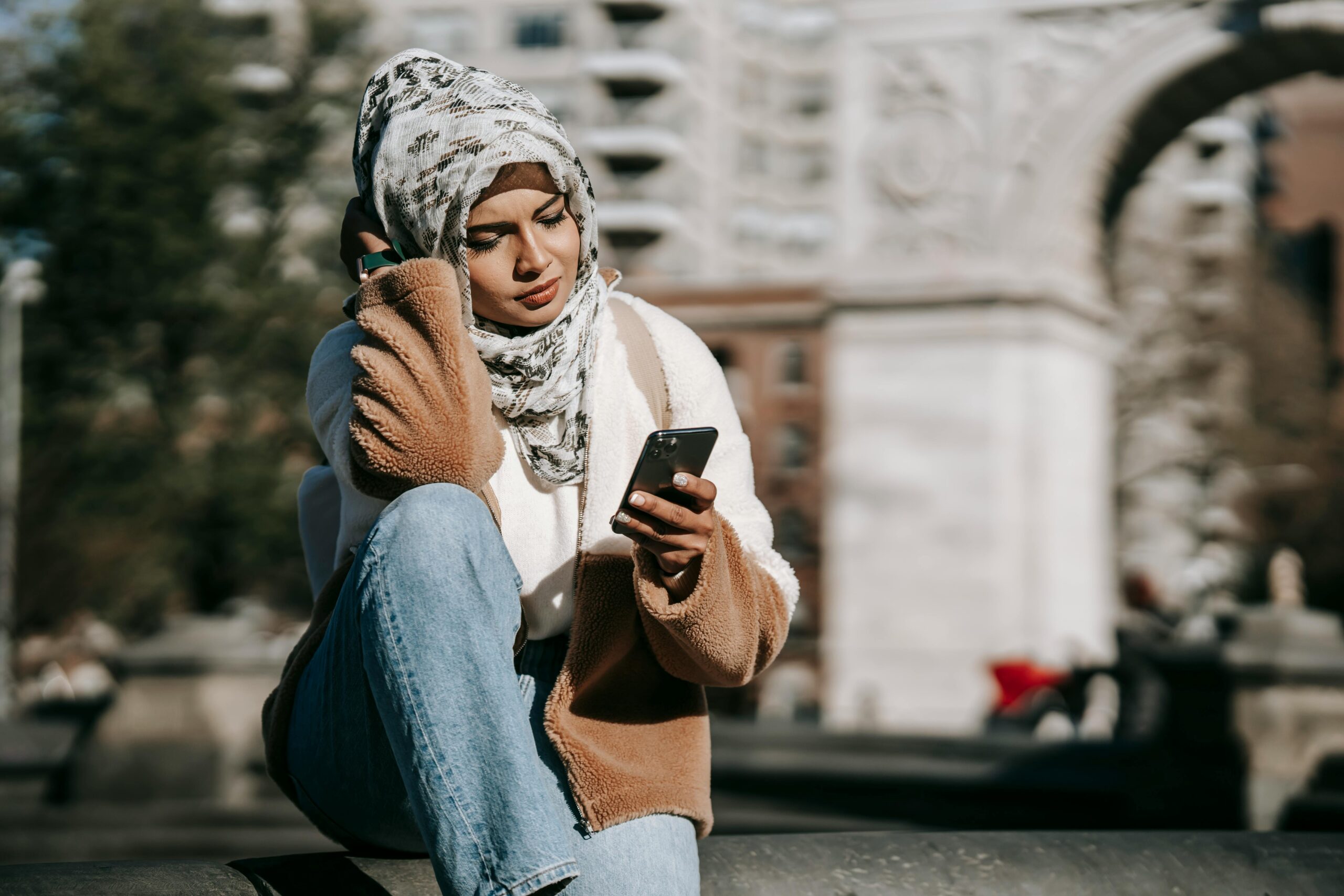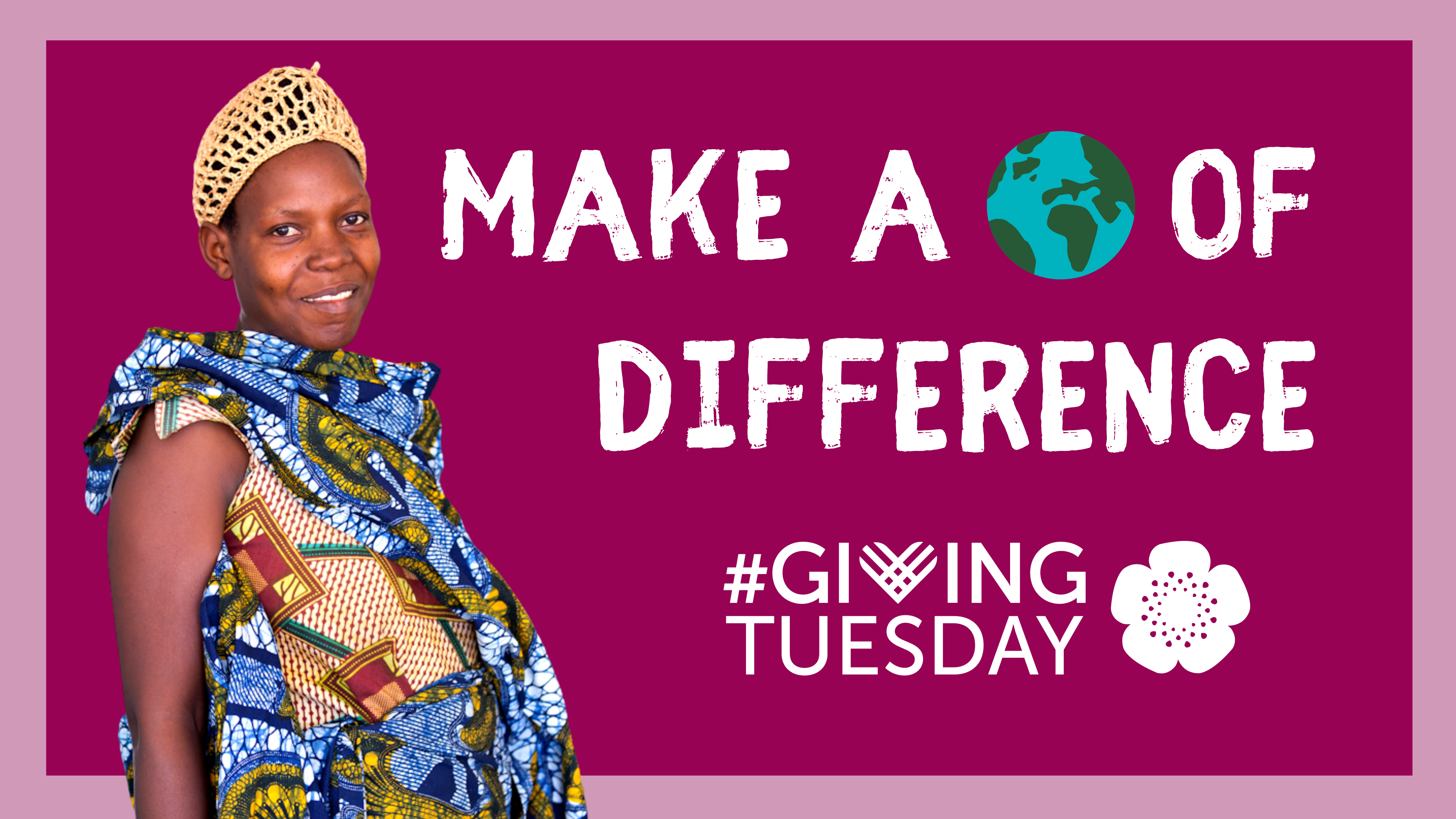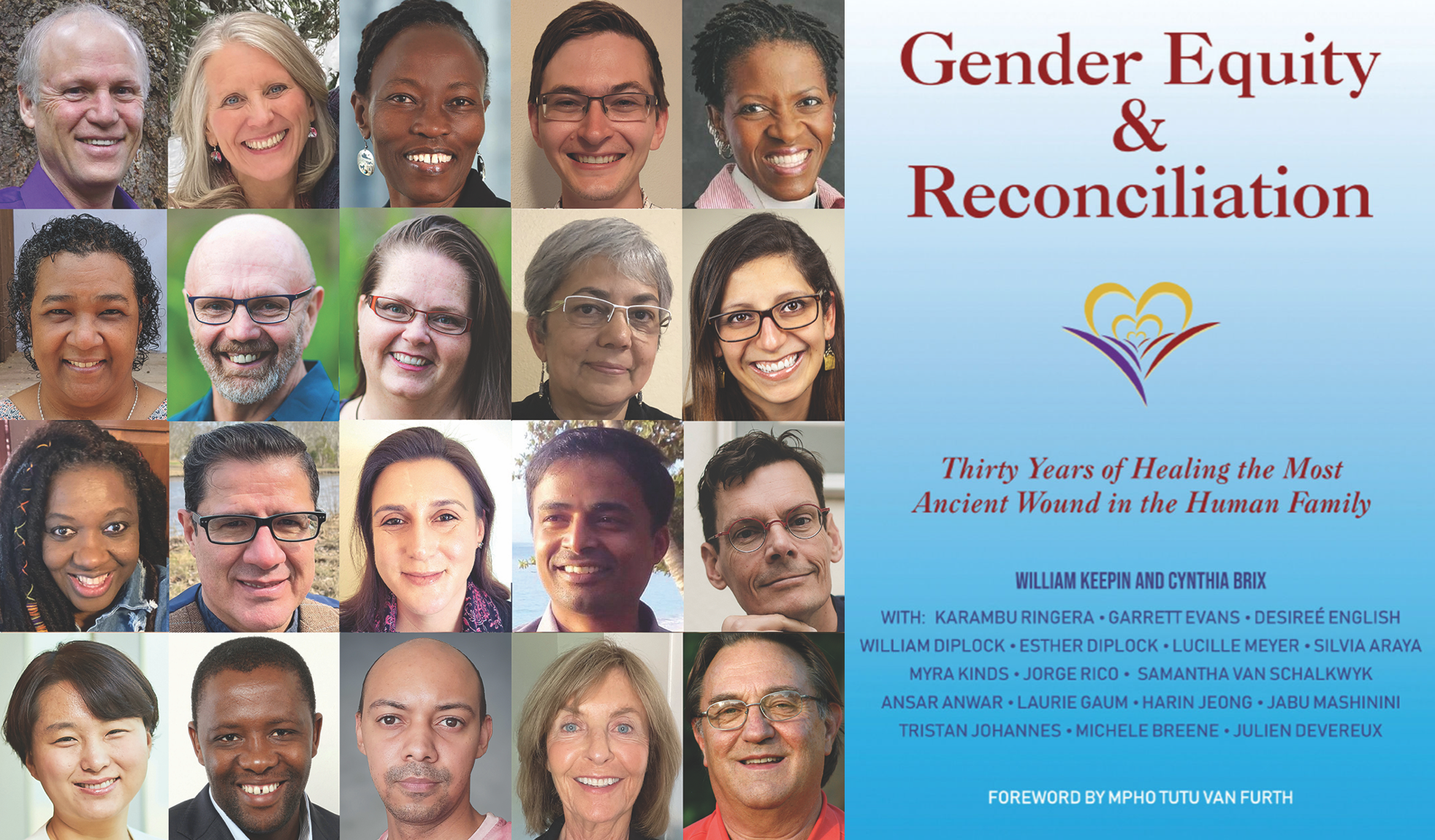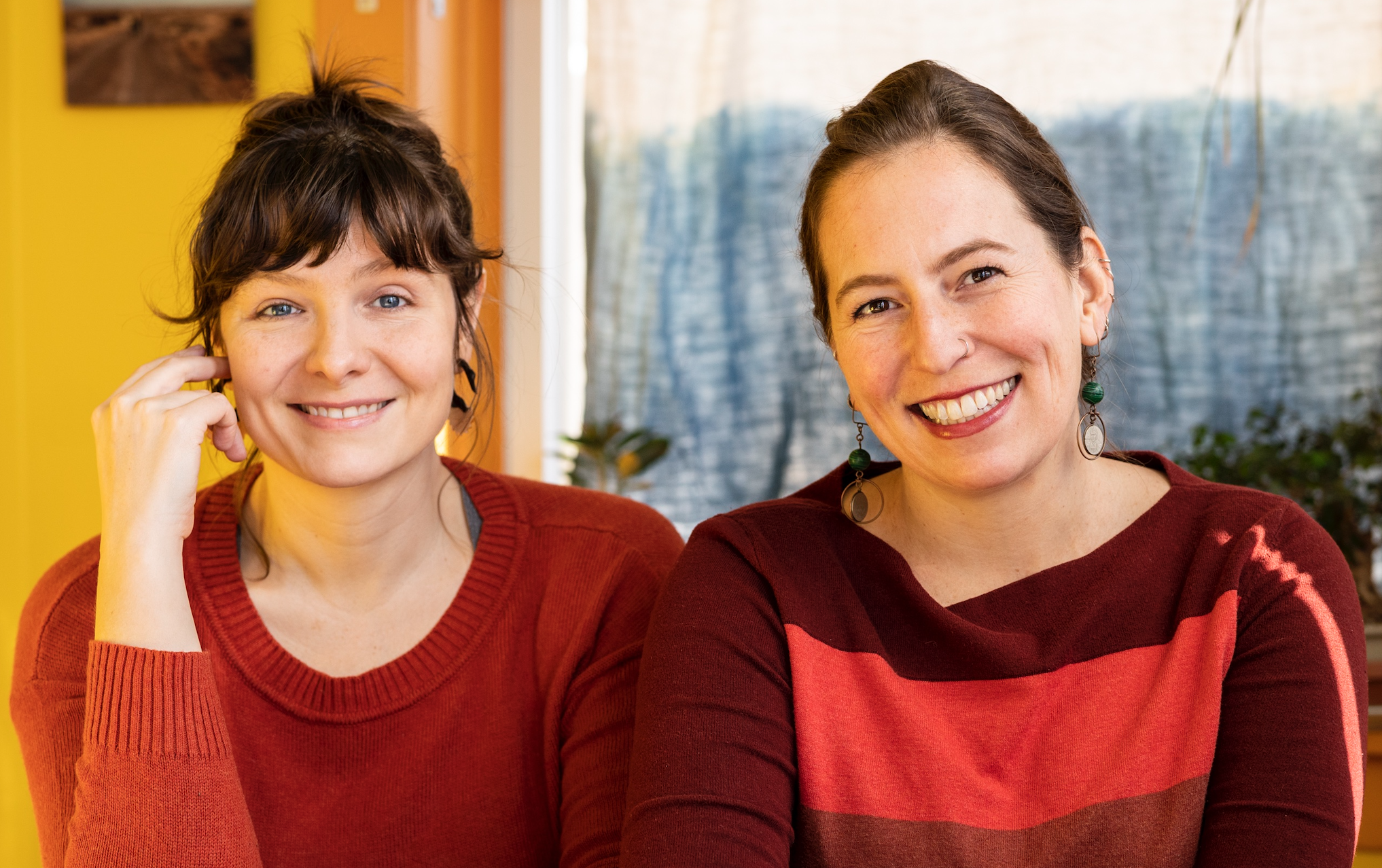
Each year, 50 million people worldwide, predominantly women and girls, are impacted by human trafficking and exploitation. To raise awareness about this horrible tragedy and provide education on prevention, January was established as National Human Trafficking Awareness Month.
Among those fighting to put an end to the horrors of human trafficking is Simone Ispahani, founder of Social Brew and passionate advocate for social justice.
Social Brew is an e-commerce coffee company that donates 50% of its proceeds to helping global victims of human trafficking. Specifically, Social Brew’s donations support two select non-profit organizations: Denver-based Beautiful Feet Wellness, which provides wellness services to individuals freed from human trafficking at no cost to survivors, and Honolulu-based Ho’ōla Nā Pua, which is committed to the prevention of sex trafficking and providing care for children who have been exploited.
We had the chance to speak with Simone about her passion for advocacy, coffee, and combining the two to become a mission-driven entrepreneur.

First, can you tell us about your entrepreneur journey and how you turned your love of coffee into a business?
I’ve always loved coffee. Not just for the energy it brings, but also how it is celebrated within different cultures. Growing up, I had the incredible opportunity to live and study throughout the world including The Netherlands, Australia, Hawaii and California. Within each culture, I was always amazed how the origin of the coffee beans would impact the flavor, the boldness, the experience, all of it.
During college, another passion of mine was awakened when my college hosted a program to draw awareness to the issue of human trafficking. This was the first time I became aware of this issue on a global scale and even though I had no idea what I wanted to do professionally after graduating, I knew I wanted to do my part to put an end one day to human trafficking.
Along the way, I started ideating how I could tie these two passions together and came up with the original Social Brew concept: a coffee shop that would employ survivors of human trafficking. I loved the idea of creating a space that embodied a strong social mission that people would want to visit. At this time though, it was still just an idea.
Fast forward four years to 2020. A month into the pandemic, I was laid off from my job and was in a place of uncertainty as I thought through what my next steps would be. This unexpected break from work gave me the chance to re-evaluate my career plans and take advantage of the opportunity to bring Social Brew to life. I thought, maybe there was a way to tie my passion to support survivors of trafficking with my love of coffee.
My sister became a huge motivating force here. In the midst of the chaos from the pandemic and the fact that a physical store just wasn’t in the cards at this time, she helped me ideate new ways we could bring Social Brew to life. I poured myself into research: where are the best beans, who are the partners I want to work with, how can I make the most impact – anything and everything I’d need to make this dream a reality.
And thus, Social Brew launched in October 2021, and I’m learning more lessons every day about how to run a successful mission-driven business.
Where do you source your coffee from, and how does your product stand apart from competitors?
When ideating the Social Brew product line, I wanted to be intentional about the types of beans selected and, of course, ensure they resulted in a delicious cup of coffee. I wanted to create a product people would want to purchase and thus drive profits to our partner organizations.
Given my roots in Hawaii and love of Hawaiian coffee, I knew I wanted to start there and with the help of industry experts we landed on a range of extraordinary beans from Hawaii, Brazil and Colombia.
Now, we offer four different types of coffees: 100% Kona Coffee Single Origin, 100% Waialua Coffee Single Origin, Hawaiian Blend Coffee and Decaf Brazilian Coffee.
In addition to the amazing taste of each of the Social Brew coffees, I like to think what differentiates us from competitors is that Social Brew offers coffee lovers a satisfying daily journey, where they can reflect on the part they’re playing in helping to end human trafficking while enjoying a delicious cup of coffee.

Social justice is also very important to you. What first interested you in advocating for trafficking victims?
After I learned more about the issue of human trafficking during college, I couldn’t unsee it. I, like I’m sure so many others, knew about human trafficking, but learning about it on a more intense and massive scale sparked something inside of me. I knew I needed to take action.
Since then, I’ve co-led a 3-week mission trip to India working with women and children who had been trafficked, volunteered and interned for human rights organizations like the Coalition to Abolish Slavery & Trafficking (CAST), the A21 Campaign, NEXUS Global Youth Summit and Creative Visions Foundation, and now, alongside the organizations Social Brew supports, I’m using the business I always dreamed of to aid the fight against human trafficking.
Human Trafficking is an issue that affects so many across America. Can you share more stats or info about why more of us should be paying attention to the problem at home, not just abroad?
Sadly, human trafficking is a booming business that globally generates an estimated $150 billion in profits according to the International Labor Organisation (ILO). Despite increased awareness and efforts to tackle this human tragedy, the number of people in modern day slavery has risen significantly in the last five years, and is now estimated at 50 million people globally. Global unrest and the increase in poverty sparked by the pandemic is a big part of what’s driven these higher numbers.
While we hear one-off stories in the news of the issue here in the U.S., it’s important to understand it’s happening far more frequently and to more people than we think. Sometimes there’s a misconception that there’s a type of person trafficking can happen to or it only happens in specific locations, but that’s not the reality of the situation. It’s sadly happening all around us, which is why it’s so important that all people feel empowered to learn more about the issue and how they can prevent it happening to themselves or those around them.
Although human trafficking can affect anyone, women and girls are primarily the victims. What are some of the signs and issues that make them so vulnerable?
Ho’ōla Nā Pua: https://hoolanapua.org/the-issue/
Beautiful Feet Wellness: https://beautifulfeetwellness.org
Polaris Project: https://polarisproject.org/understanding-human-trafficking/
How is Social Brew playing a part in helping survivors of this problem?
Social Brew donates 50% of its proceeds to helping global victims of human trafficking in rebuilding their lives with renewed hope, dreams, self-esteem and freedom.
What are the organizations you help support through proceeds, and how did you first learn about them?
Right now, we work with two inspiring partner organizations – Denver-based Beautiful Feet Wellness, which provides wellness services to individuals freed from human trafficking, and Honolulu-based Ho’ōla Nā Pua, which is committed to the prevention of sex trafficking and providing care for children who have been exploited.
Of course, there are so many incredible nonprofits fighting against the horrors of human trafficking, but I knew I wanted to use Social Brew as a way to spotlight organizations that are not as predominantly featured in the media as some of the larger organizations out there and help spread awareness about their amazing work.
I was also really drawn to the message behind each of the organizations – the importance of treatment and rehabilitation. For example, Beautiful Feet Wellness offers survivors healing and restorative fitness programs to help them discover healing through fitness, self-care and wellness practices. Their work is such a beautiful way to help survivors and it felt aligned with our mission at Social Brew.
Can you share any stories that have personally impacted you through your work with Social Brew and the anti-trafficking organizations?
I was able to talk with one survivor who I’ve known for a while and she told me that what I’m doing is making a difference and that it’s such an important part of the process in recovery. That really gave me confirmation that I’m making a difference where I’m at currently as a small business. It’s easy to get excited when you want to start a business with a big mission that you forget to consult those who have been working in their respective fields longer than you. I made sure before I even launched that I talked with trusted leaders in the anti-trafficking field so that I would know that it would actually be beneficial to survivors.
For any coffee lovers coming across Social Brew for the first time, what do you hope they will love most about the company?
Of course, I hope they love our coffee! My dream would be for Social Brew to become a key moment of our customers’ days where they not only fuel up, but also have the time to reflect on the impact of their purchase. Sometimes, coffee can become a mundane part of everyday life – you grab your coffee on your way to work or pour a cup as you’re chatting with your friends – but with Social Brew, every cup of coffee symbolizes a community pushing for social justice.
I’d love for this community to grow and use that growth to make a greater impact for the organizations we’re able to support.
What are your 5 and 10 year goals for Social Brew?
My focus right now is to build on the momentum we’ve achieved and get Social Brew into as many hands as possible. The more profitable we are, the more money we can send to our partner organizations and make a significant impact. I also hope to one day expand the number of human trafficking non-profits we support with our donations.
In the future I’d love to move forward with my original vision for Social Brew and open cafes where we can work with different non-profit organizations and create sustainable job opportunities for human trafficking survivors. Somewhere they’d feel empowered, safe and supported. That would be the ultimate goal for Social Brew and one I hope to see come to fruition in the near future.
What is one thing you hope people will remember about human trafficking after reading this interview?
Earlier, you mentioned how these issues are happening both on a global scale and here in the U.S. I think that’s really important for people to remember from both a personal safety perspective and a support perspective. There are so many resources available to help educate people about the tragedy of human trafficking and how it can be prevented, including through the organizations I work with and the links included within this interview.
Sometimes, because of the seriousness and horrific nature of this issue, many people have an “out-of-sight, out-of-mind” mindset, but the reality is that it’s likely not “out-of-sight,” we just don’t have a deep understanding of the issue and, most importantly, the steps to take when we’re faced with the reality of the situation.
I also hope people understand that there are so many ways to support survivors and the organizations doing the groundwork in the fight against human trafficking. In addition to products like Social Brew that are donating our profits to the cause, there are volunteer opportunities, sessions at your local nonprofits or schools, advocacy events – for instance, I recently participated in the Ho’ōla Nā Pua Walk & Fair in Honolulu to bring awareness to the issue and advocate for supportive legislation – and countless other opportunities to get involved.
You can learn more about purchasing a bag of Social Brew coffee beans and how the company is working to support anti-trafficking organizations by clicking HERE.

















